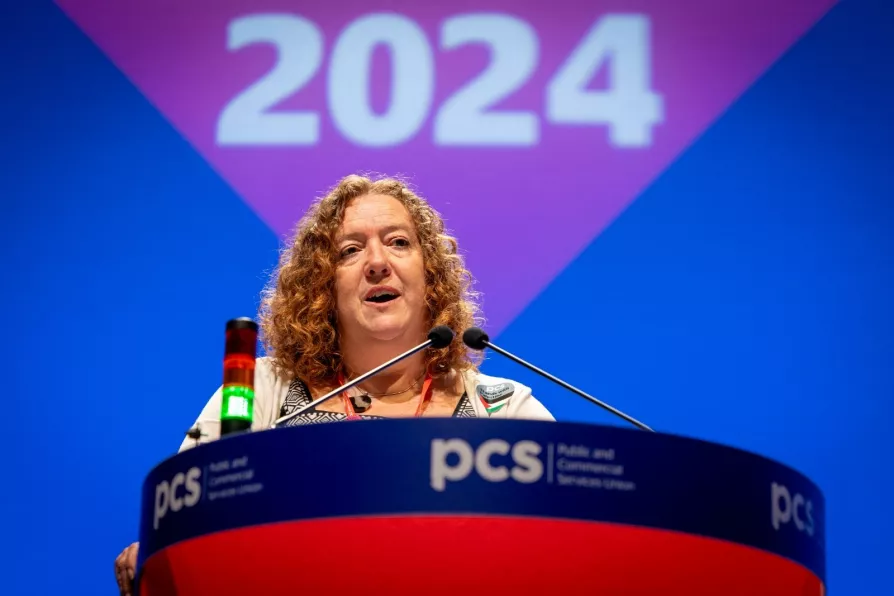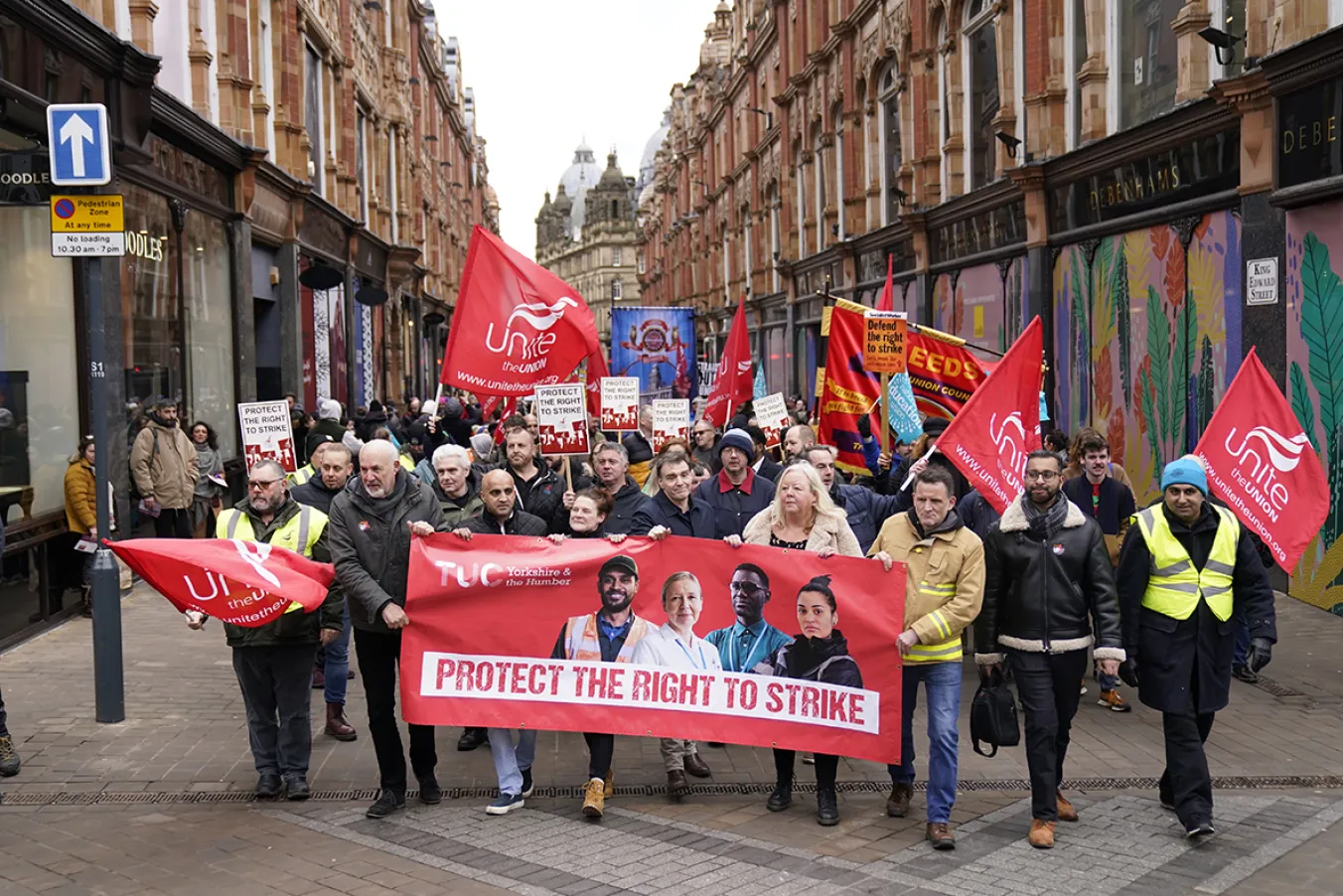The proxy war in Ukraine is heading to a denouement with the US and Russia dividing the spoils while the European powers stand bewildered by events they have been wilfully blind to, says KEVIN OVENDEN
Mark Serwotka’s contribution must be recognised
At the helm of Britain’s eighth-largest union for a quarter of a century, he is rightly seen as one of the most principled and effective class fighters of our times, writes JOHN McINALLY
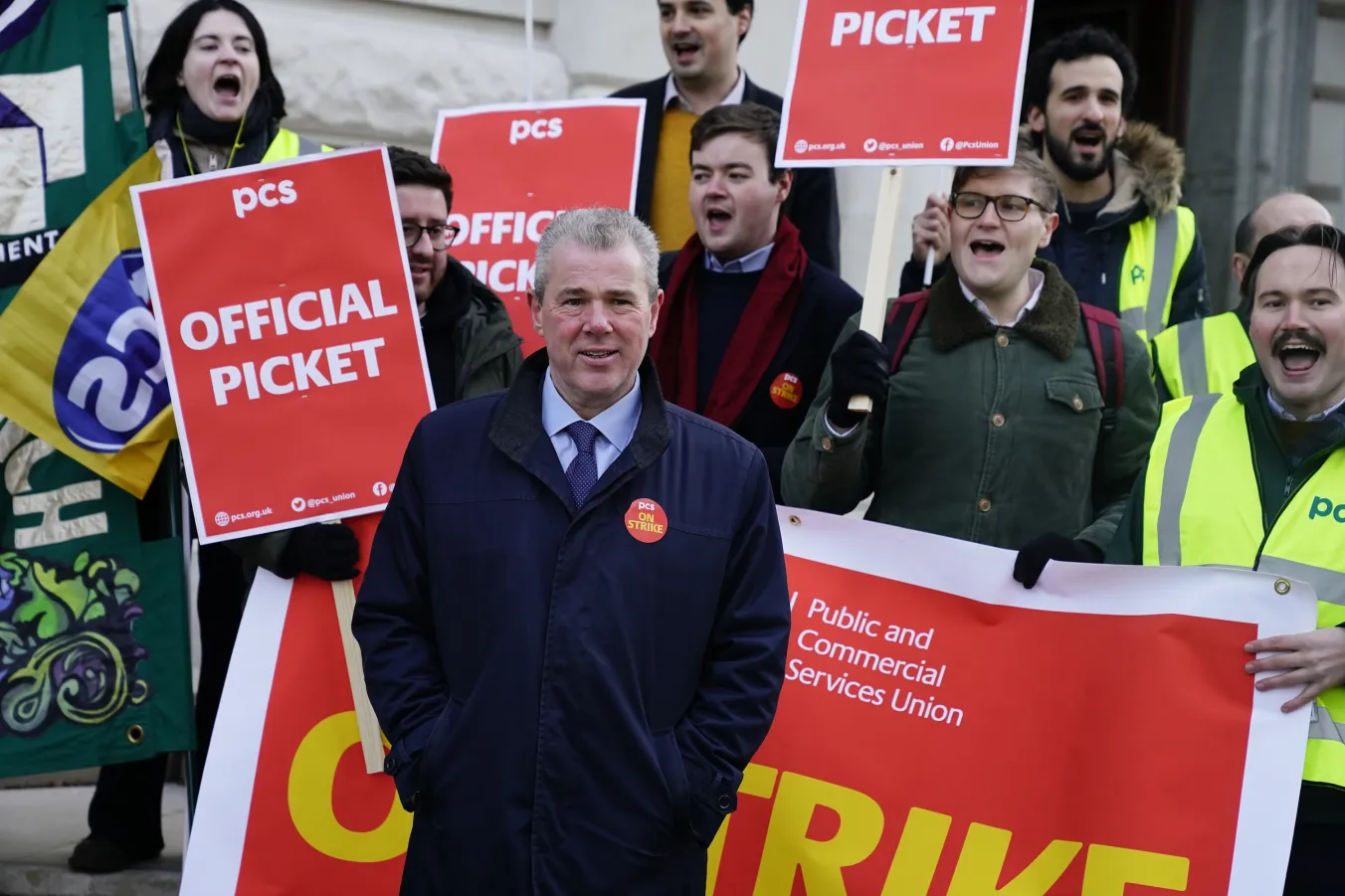
MARK SERWOTKA’s retirement after nearly 25 years as general secretary of Civil Service and outsourced workers’ union PCS, is a significant moment for the union itself and the wider movement.
When I visited him in Papworth Hospital as he awaited a heart transplant in 2016, a procedure fraught with danger, we were both aware it may be the last time we met, yet he focused little on his own precarious situation but expressed great concern toward me following a dreadful bereavement.
His concentration and strategic foresight in the detailed conversation that followed was, given the burden of his condition, remarkable for its analysis of PCS’s perspectives and identification of the tasks ahead.
More from this author

JOHN McINALLY argues trade unions and socialists must demand properly funded healthcare instead of a change that, combined with neoliberal capitalism, will see working-class people pushed towards suicide
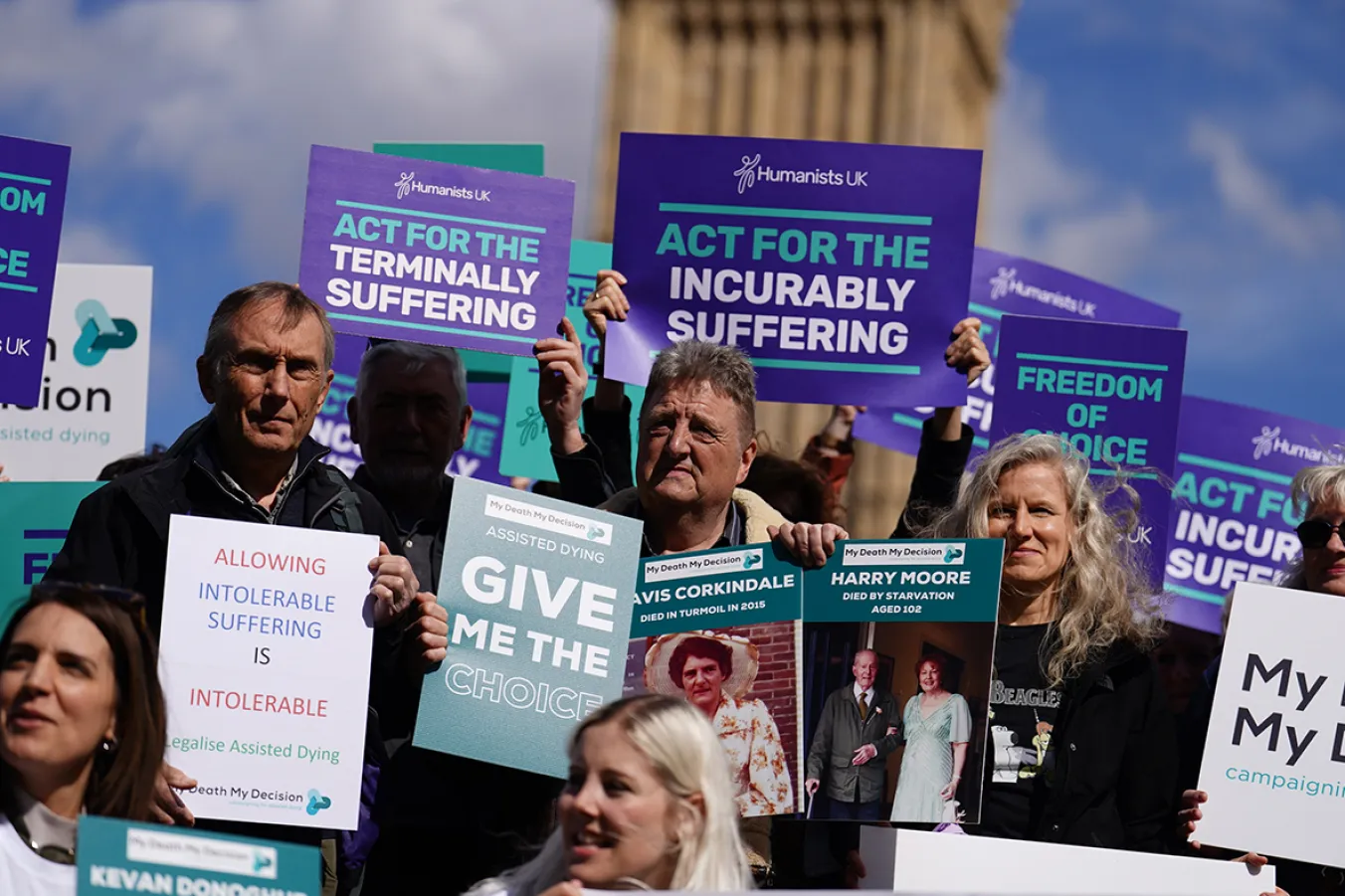
JOHN McINALLY warns that Labour’s hasty push for legislation ignores the international evidence of expanding eligibility criteria, potentially normalising the ‘social murder’ of working-class people under the guise of compassion
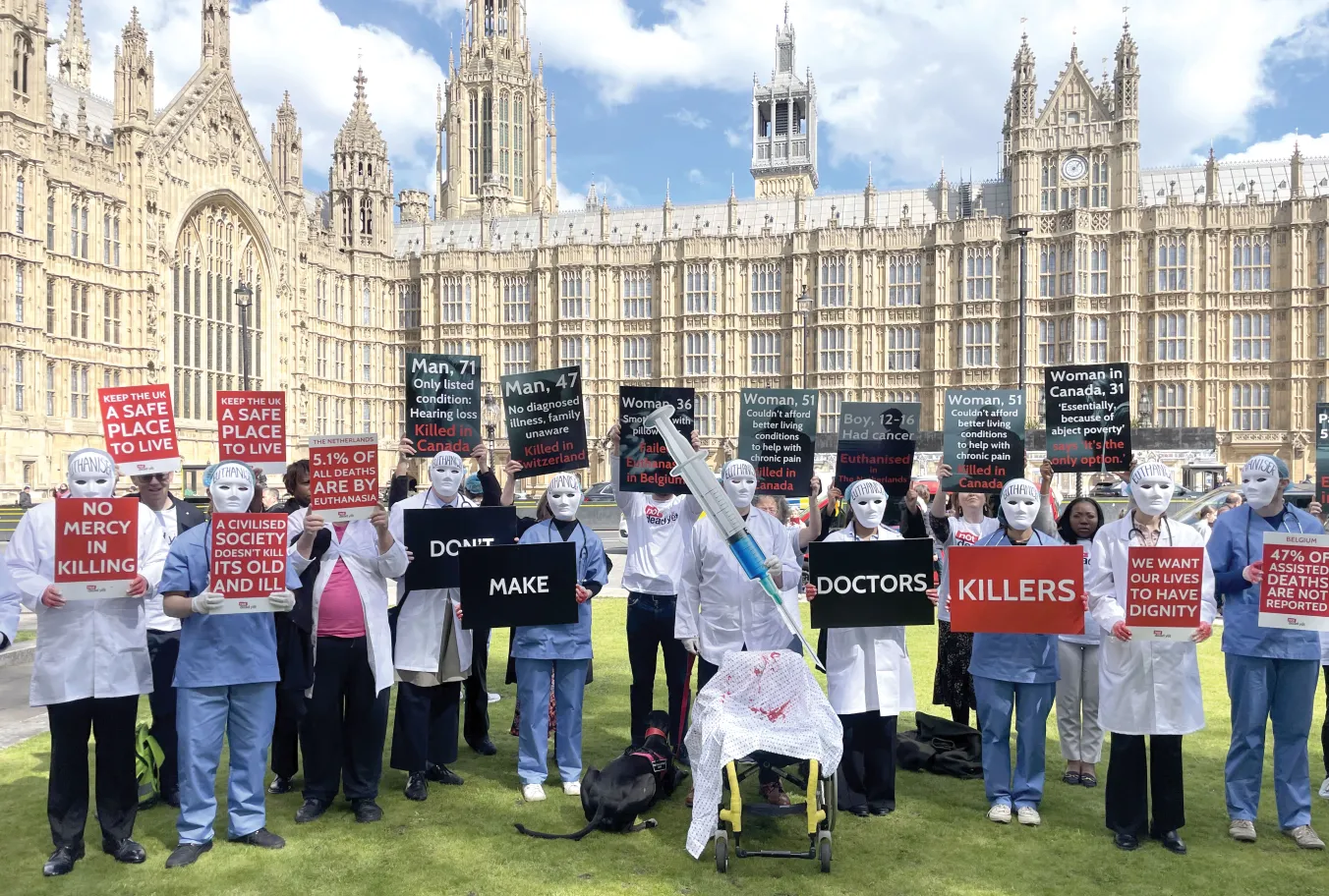
Labour must fight to ensure any new laws do not become tools for social cleansing of the poor and disabled, argues JOHN McINALLY, as some begin considering NHS savings that could come at the cost of working-class lives
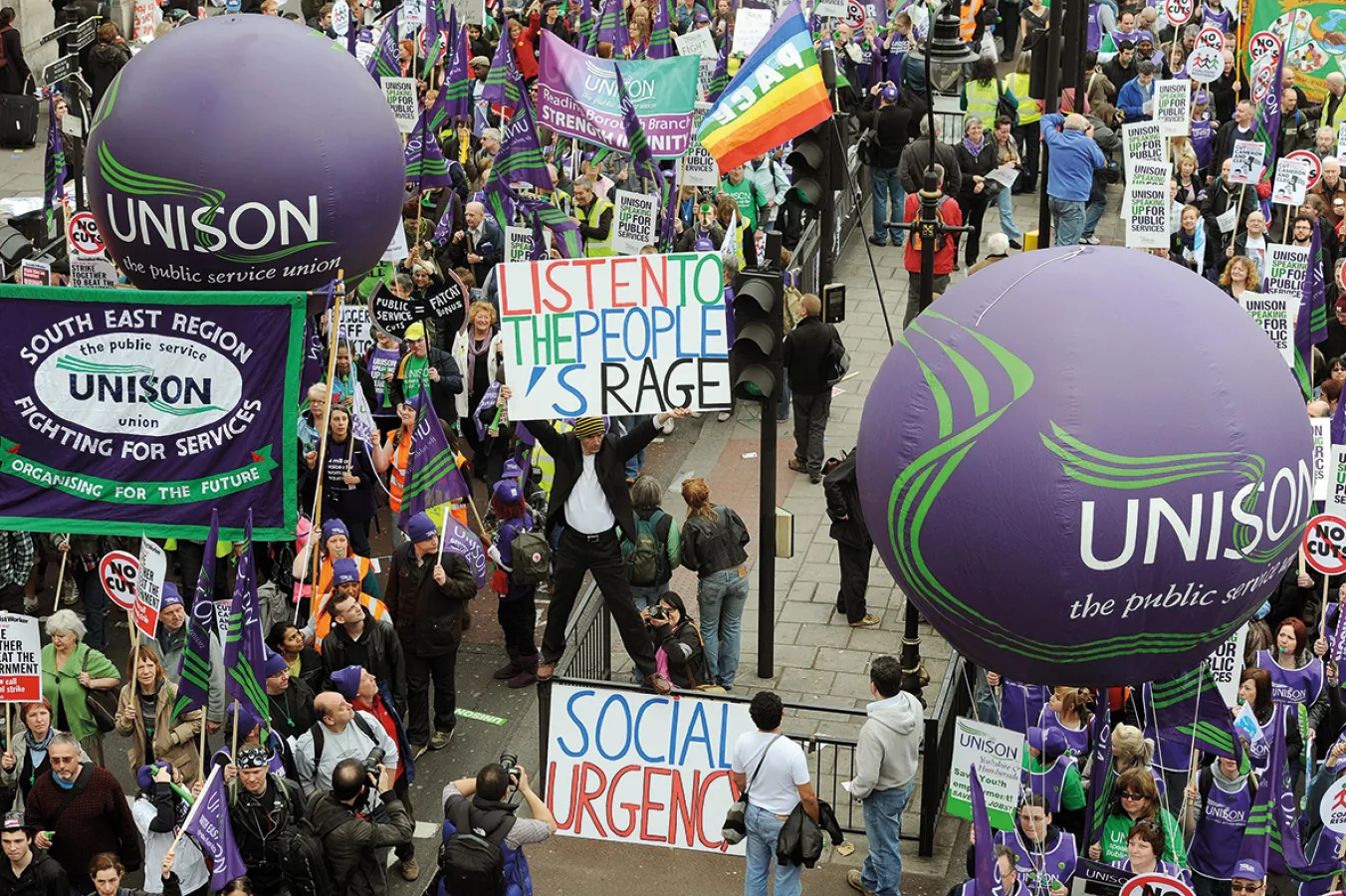
JOHN McINALLY calls for militant trade unionism and overt socialist politics to counter the new government’s pro-capitalist agenda and a looming authoritarian turn that threatens to muzzle working-class resistance
Similar stories

JOHN McINALLY calls for militant trade unionism and overt socialist politics to counter the new government’s pro-capitalist agenda and a looming authoritarian turn that threatens to muzzle working-class resistance
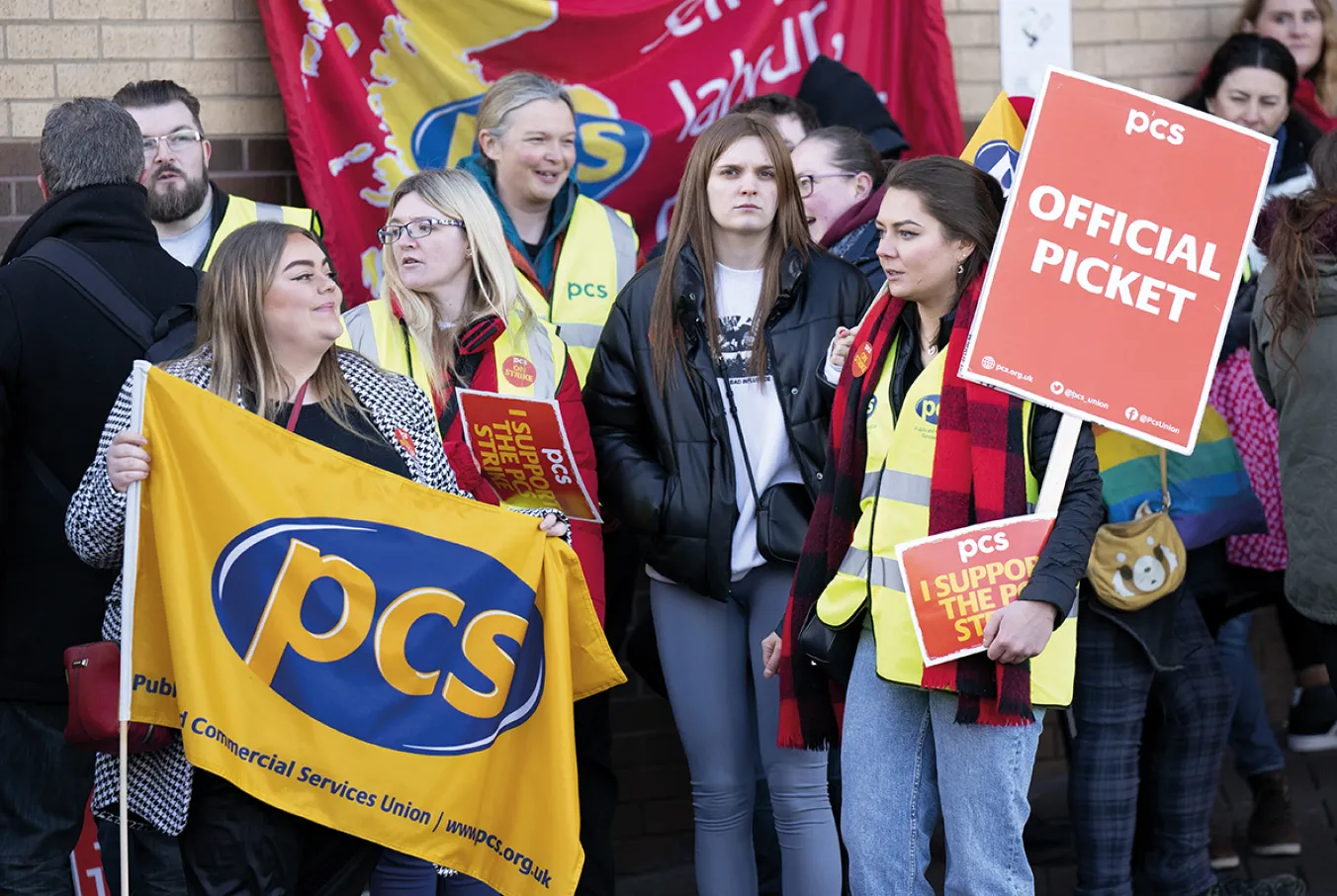
New PCS general secretary FRAN HEATHCOTE talks about the women who reshaped the cause of labour










